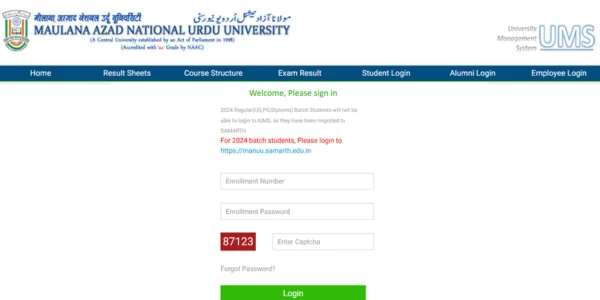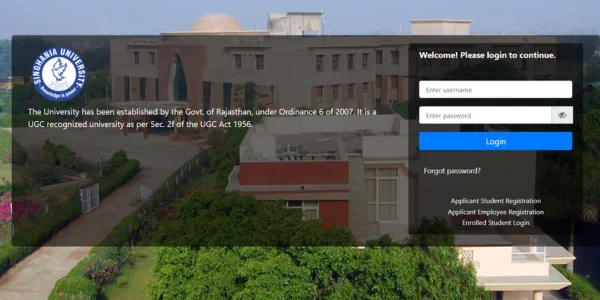OCTCO course full form is “Oil and Chemical Tanker Cargo Operations.” This course is designed to provide seafarers with the essential training required for safely handling and operating oil and chemical tankers. It encompasses comprehensive instruction on safety protocols, pollution prevention, and operational procedures specific to these types of vessels.
Course Structure and Duration
The Oil and Chemical Tanker Cargo Operations (OCTCO) course is typically structured as a 6-day program, combining theoretical knowledge with practical applications. The curriculum covers key areas such as:
- Cargo Characteristics: Understanding the properties and hazards associated with oil and chemical cargoes.
- Safety Measures: Implementing safety protocols to prevent accidents and manage emergencies.
- Pollution Prevention: Adhering to international regulations and best practices to minimize environmental impact.
- Operational Procedures: Mastering the standard operating procedures for cargo handling and equipment usage.
This structured approach ensures that participants are well-prepared to manage the complexities of tanker operations effectively.
Eligibility Criteria
To enroll in the OCTCO course, candidates must meet the following criteria:
- Basic Safety Training: Completion of the STCW Basic Safety Training courses, which include Personal Survival Techniques, Fire Prevention and Fire Fighting, Elementary First Aid, and Personal Safety and Social Responsibilities.
- Medical Fitness: Possession of a valid medical certificate from a Directorate General of Shipping (DGS) approved doctor.
- Documentation: Submission of relevant documents such as STCW certificates, Continuous Discharge Certificate (CDC), passport, and passport-sized photographs.
These prerequisites ensure that participants have the foundational knowledge and physical capability to undertake the specialized training provided in the OCTCO course.
Career Opportunities
Upon successful completion of the OCTCO course, seafarers are qualified to serve in various capacities on oil and chemical tankers, including:
- Deck Officers: Overseeing cargo operations and ensuring compliance with safety regulations.
- Engine Officers: Managing the mechanical aspects of cargo handling equipment.
- Ratings: Assisting in cargo operations and maintenance tasks under the supervision of officers.
This certification enhances a seafarer’s qualifications, opening avenues for career advancement in the maritime industry.
Conclusion
The Oil and Chemical Tanker Cargo Operations (OCTCO) course is an essential program for maritime professionals aiming to specialize in tanker operations. By providing in-depth training on safety, environmental protection, and operational procedures, the course equips seafarers with the skills necessary to perform their duties effectively and responsibly on oil and chemical tankers.




